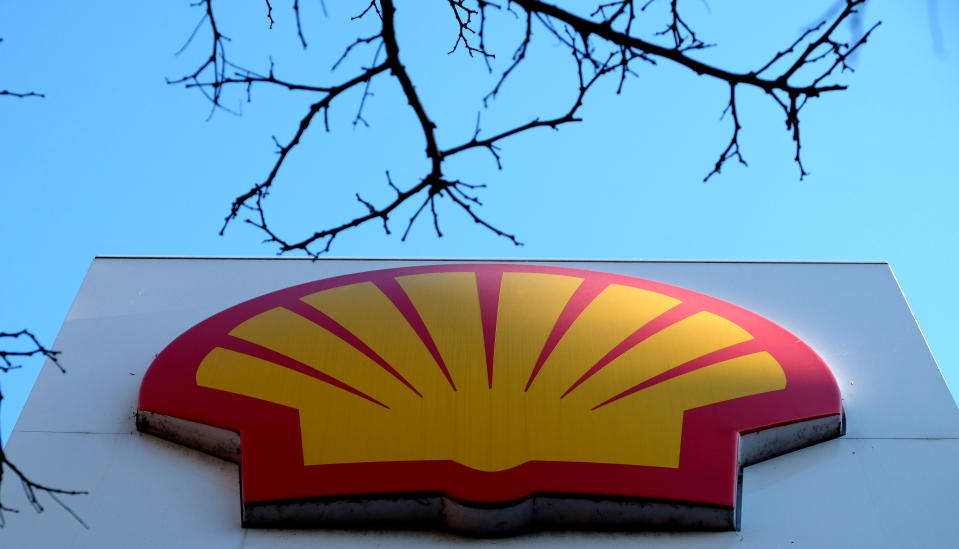Coronavirus: Shell suffers £14.1bn loss as oil price crash forces write-down

Royal Dutch Shell (RDSB.L) suffered $18.3bn (£14.1bn) of losses in the second quarter as the coronavirus hammered demand for oil and gas, forcing a record write-down in the value of its assets.
A bleak outlook for future prices for the Anglo-Dutch company amid the global economic crisis saw it confirm $16.8bn in post-tax impairment costs on Thursday.
But its shares were down only 0.5% in London in early trading, as its adjusted earnings, which strip out such charges, were better than expected. It made $600m in the second quarter, down 82% year-on-year, but analysts had expected $674m losses.
The company announced earlier this year it would cut dividends for the first time since the Second World War and slash billions from planned spending to bring down costs. It paid $1.2bn to shareholders in the second quarter, however.
Shell highlighted “very strong crude and oil products trading,” as well as lower operating costs, partially offsetting lower oil and gas sales, lower margins on its refining business and higher well write-offs.
“Shell has delivered resilient cash flow in a remarkably challenging environment. We continue to focus on safe and reliable operations and our decisive cash preservation measures will underpin the strengthening of our balance sheet, said its CEO Ben van Beurden.
Russ Mould, investment director at AJ Bell, noted: “Under the circumstances Royal Dutch Shell’s latest results could have been a lot worse.”

 Yahoo Finance
Yahoo Finance 